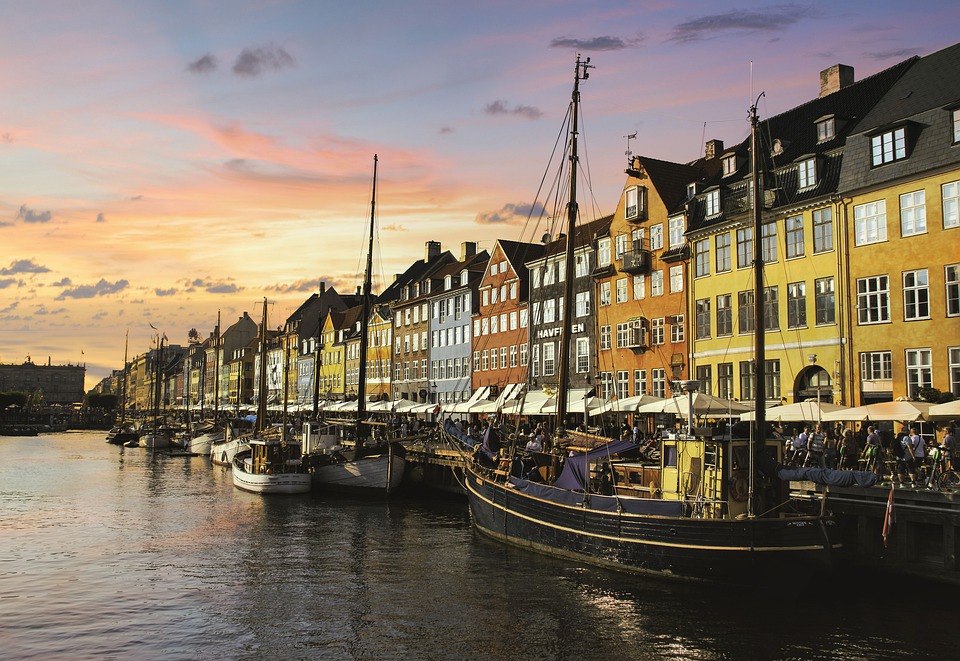
(TAN): Denmark will open to holidaymakers from several European Union nations as the situation related to COVID-19 is showing improvements within the country and in the bloc, a Schengen visa information portal said.
However, the country’s foreign affairs ministry has advised its residents against all nonessential travel to six countries, including Ireland, Malta, Portugal, Romania, the United Kingdom and Sweden.
Denmark has classified countries as “yellow” and “orange” based on their virus risk levels. All six countries where tourism was discouraged have been categorised under “orange”, so that the Danish administration advised its own citizens not to travel there unless it was absolutely necessary.
Malta, however, said it will lift entry restrictions from July 1. Denmark would change its travel advice for Malta to “yellow” following the move, Denmark’s Ministry of Foreign Affairs said. Although travel advice for Sweden was “orange”, the country’s Vasterbotten region was exempted from the advice.
“Today’s easing of the travel advice shows that Denmark and most of Europe are now in a significantly better place than we had dared hope just a short time ago. But the new travel advice map also shows quite clearly how varied the situation remains. There are still pockets with high rates of new infections, and some countries still have entry restrictions,” Danish foreign minister Jeppe Kofod said.
Foreign minister Kofod cautioned that the pandemic is still not over, which makes it important for everyone to follow all health-related guidelines during travel.
[ALSO READ: What you need to know about post-COVID air travel]
“The coronavirus crisis is not over yet in Europe. It is important to take the proper precautions and observe health and hygiene guidelines while travelling,” he added.
Earlier this month, Denmark had said travellers from only those countries with fewer than 20 infected persons per 100,000 inhabitants per week, dubbed “open” countries, will be permitted entry into the European nation. Once a country is open, its position could be changed to “quarantine country” if its infections increase to 30 infected persons per 100,000 inhabitants in a week. Back then, only France, Greece, Italy, Spain and the Netherlands had met the criteria.
So far, the country has reported 12,875 cases including 604 deaths, according to data from Johns Hopkins University.




